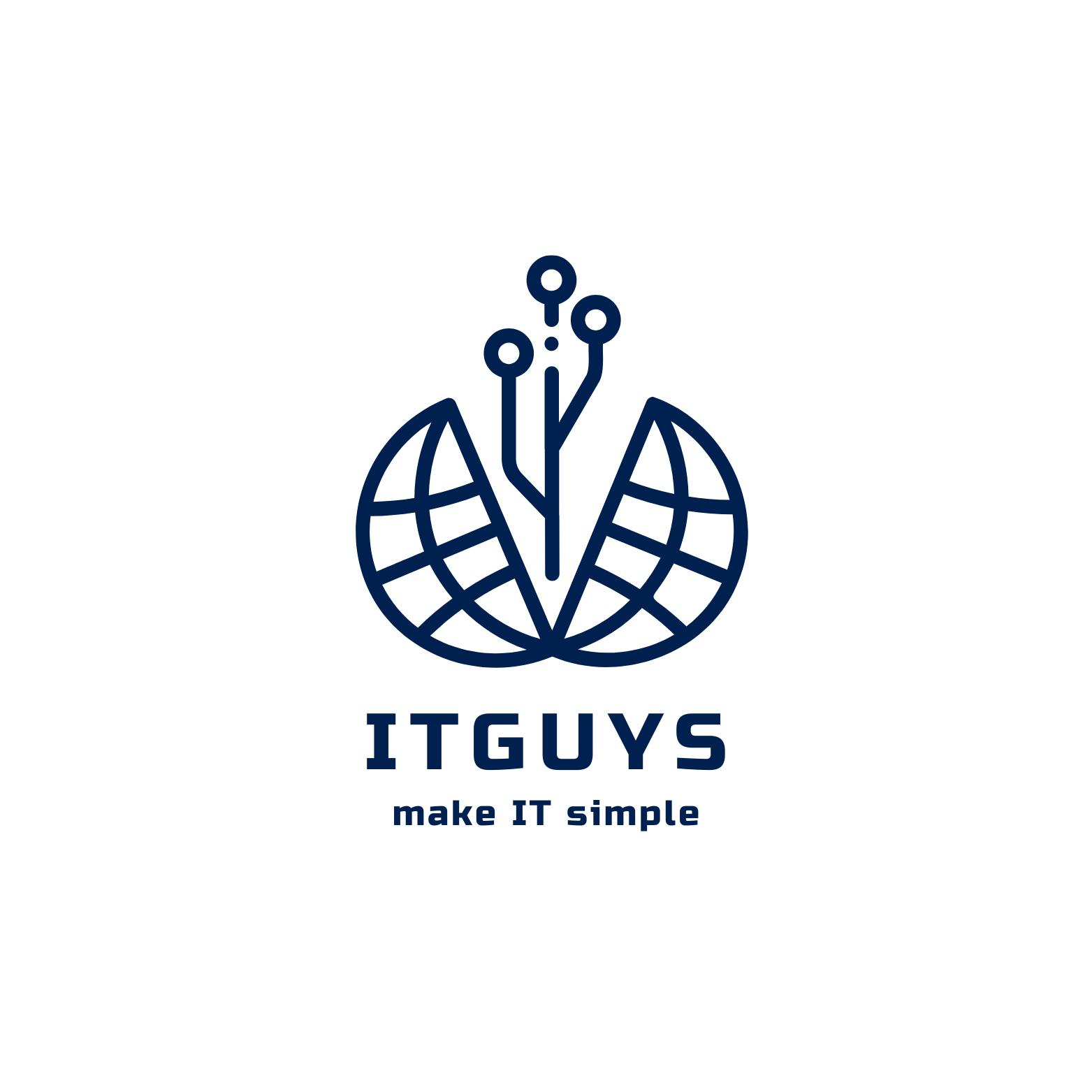What is a Ransomware?
What is a Ransomware

Ransomware is a type of malicious software that encrypts a victim's files, making them inaccessible until a ransom is paid. It is a growing threat to individuals and businesses alike, with attacks becoming more frequent and sophisticated.
Ransomware typically spreads through email attachments or by exploiting vulnerabilities in a victim's computer. Once it has infected a system, it will encrypt files on the hard drive and display a message demanding payment in order to regain access to the files. The payment is typically demanded in the form of a cryptocurrency, such as Bitcoin, to maintain the attacker's anonymity.
Victims of ransomware attacks are often left with few options. Paying the ransom may not guarantee that the attacker will actually provide the decryption key, and attempting to decrypt the files on one's own can be difficult and time-consuming. As a result, many victims end up losing their important files and documents.
To protect against ransomware attacks, it is important to regularly back up your files and keep your computer and software up-to-date with the latest security patches. Avoid opening suspicious emails or downloading attachments from unknown sources, and use a reputable antivirus program to protect your computer.
It is also crucial for businesses to have a plan in place for responding to ransomware attacks. This should include regularly backing up important data and having protocols in place for quickly identifying and containing an attack.
Ransomware is a serious threat that can have devastating consequences for individuals and businesses. By taking steps to protect yourself and your organization, you can minimize the risk of falling victim to this type of attack.
In recent years, ransomware attacks have become increasingly common and lucrative for attackers. According to the FBI, ransomware attacks resulted in over $11.5 million in losses in 2019 alone.
One of the reasons for the increase in ransomware attacks is the availability of ransomware-as-a-service (RaaS) on the dark web. This allows even inexperienced hackers to launch ransomware attacks, as they can simply purchase the malware and use it to target victims.
Ransomware attacks can have severe consequences for both individuals and businesses. For individuals, losing access to important personal documents such as family photos and financial records can be devastating. For businesses, a ransomware attack can result in lost revenue, legal liabilities, and damage to their reputation.
In some cases, ransomware attacks have even resulted in the shutdown of essential services, such as hospitals. In 2016, the Hollywood Presbyterian Medical Center in Los Angeles was forced to pay a ransom of $17,000 to regain access to its computer systems after a ransomware attack.
It is important for both individuals and businesses to take steps to protect themselves against ransomware attacks. This includes regularly backing up important data, keeping computer systems and software up-to-date, and avoiding opening suspicious emails or downloading attachments from unknown sources.
Furthermore, having a plan in place for responding to ransomware attacks can help minimize the impact of an attack and facilitate a quick recovery. This should include identifying and containing the attack, restoring any encrypted files from backups, and reporting the incident to law enforcement.
Overall, ransomware is a serious threat that can have far-reaching consequences. By taking the necessary precautions and being prepared, individuals and businesses can reduce the risk of falling victim to a ransomware attack.















